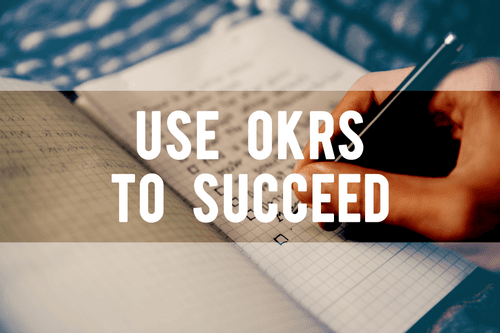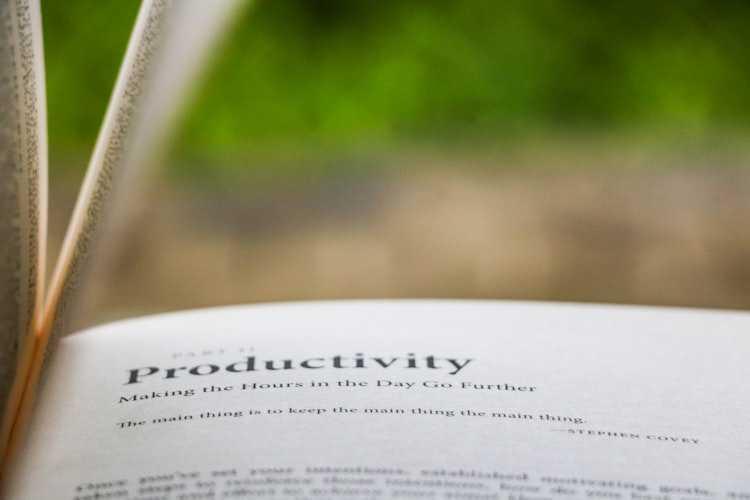How to Run Yourself Like a Business
Curated from: medium.com
Ideas, facts & insights covering these topics:
5 ideas
·3.41K reads
25
Explore the World's Best Ideas
Join today and uncover 100+ curated journeys from 50+ topics. Unlock access to our mobile app with extensive features.
The Productivity Systems Flaw
Many productivity books provide various systems to organize your life but fail to take into account people who are not focused or motivated in the first place.
Lack of focus and motivation is the key reason people fail to get any help from these methods.
390
803 reads
OKR (Objectives and Key Results)
The OKR (Objectives and Key Results) method helps you decide on and stick to a practical goal and then define what it would look like to have that goal completed.
For example, if you want to read a book a week, the Key Result would be reading 52 books a year, and the Objective can be to be a better writer.
440
766 reads
Defining OKRs
A meaningful goal-setting (Objective + Key Result) can be figured out by asking:
What you want your life to be like (Objective) and what would you do if your life became like that (Key Result).
393
679 reads
OKR is a Compass
The OKR system is not a task, but a motivational driver, a compass pointing you towards your key results and life goals.
The Objective part shows you what will happen if you continue following your daily tasks.
302
577 reads
Checks and Follow-ups
OKR systems tell you if what you are doing is on the right track. You would need to check-in and review yourself weekly, monthly, quarterly and annual basis, checking your purpose and well as progress.
290
589 reads
IDEAS CURATED BY
Never stop learning. Never stop educating yourself. When you stop learning, you stop growing & maturing!
Caleb E.'s ideas are part of this journey:
Learn more about productivity with this collection
How to create a productive workspace at home
How to balance work and personal life while working remotely
How to maintain focus and motivation while working remotely
Related collections
Similar ideas
4 ideas
Personal OKRs, Three Years Later
medium.com
10 ideas
10 Ways to Actually Work Smarter
dansilvestre.com
Read & Learn
20x Faster
without
deepstash
with
deepstash
with
deepstash
Personalized microlearning
—
100+ Learning Journeys
—
Access to 200,000+ ideas
—
Access to the mobile app
—
Unlimited idea saving
—
—
Unlimited history
—
—
Unlimited listening to ideas
—
—
Downloading & offline access
—
—
Supercharge your mind with one idea per day
Enter your email and spend 1 minute every day to learn something new.
I agree to receive email updates





